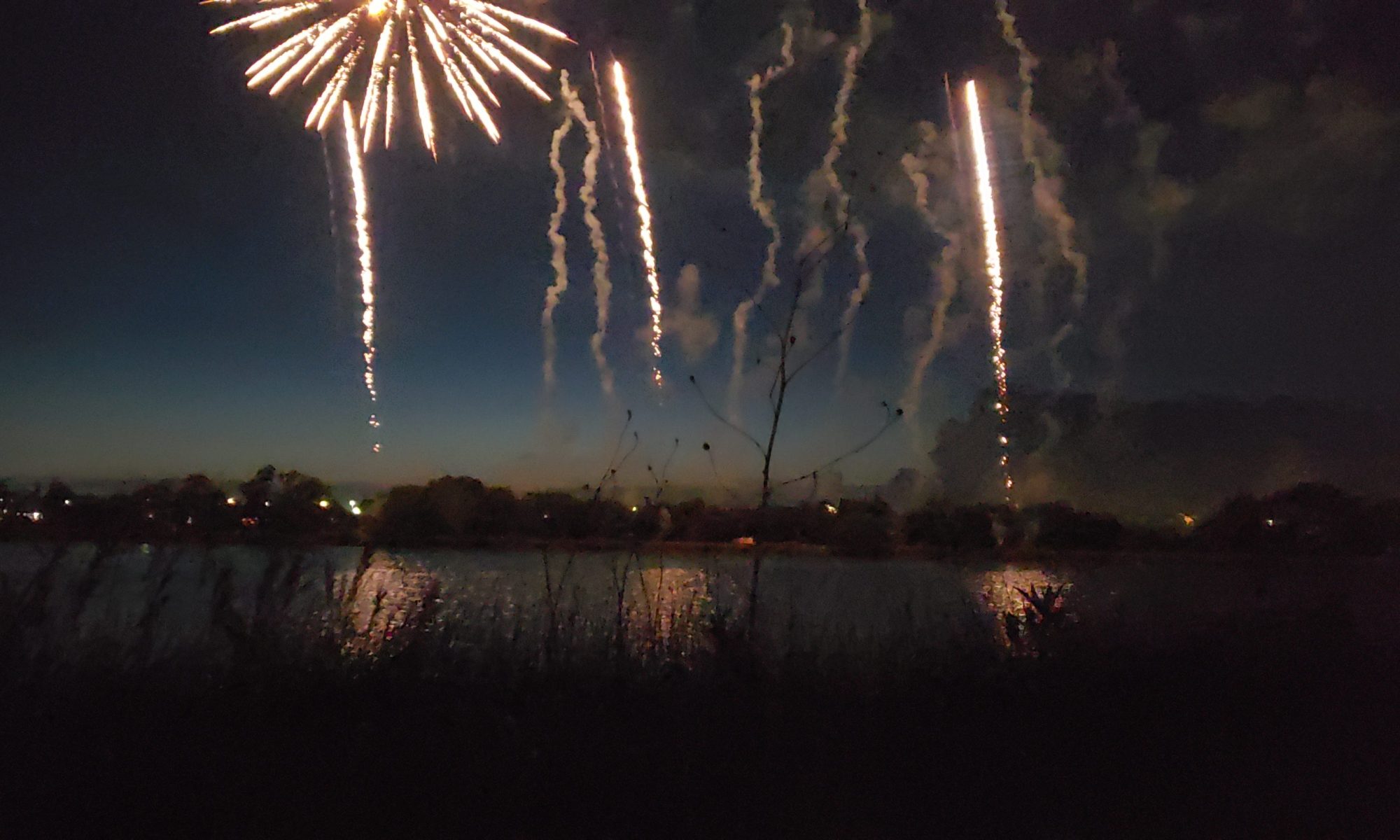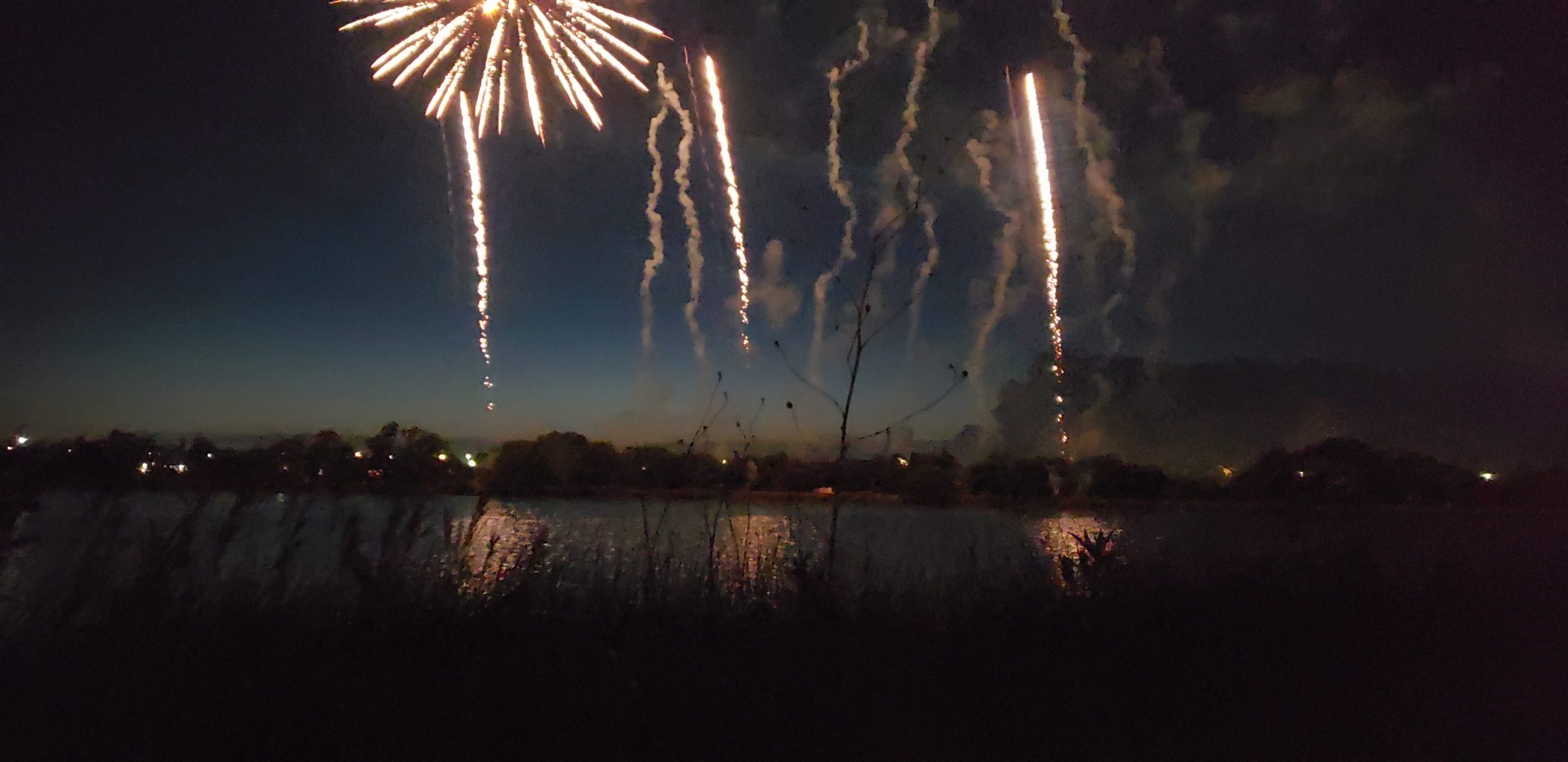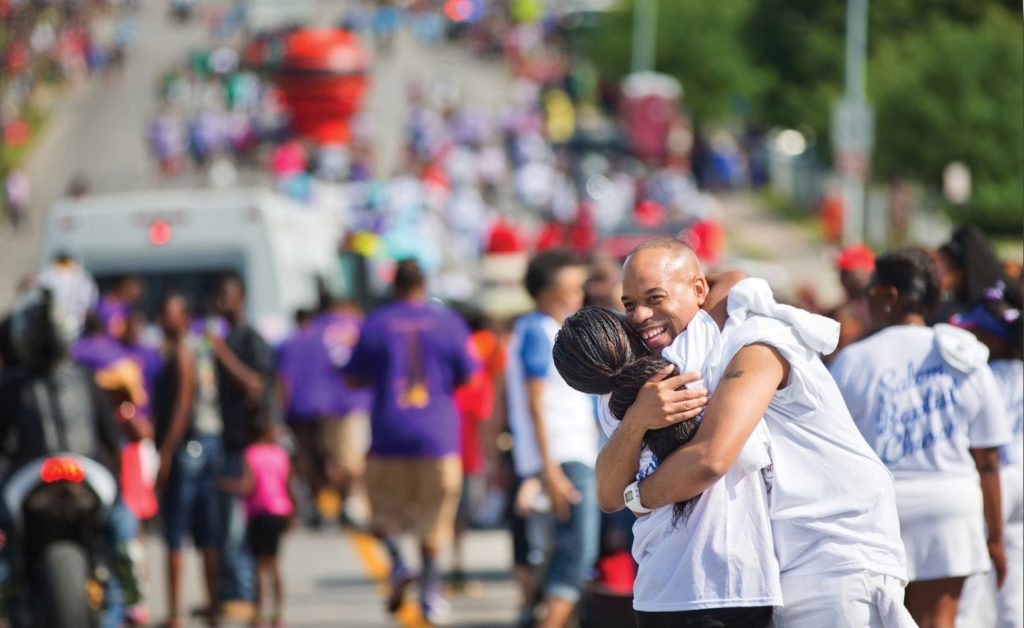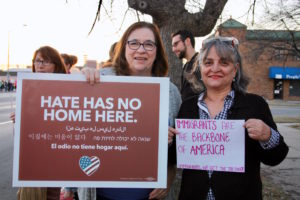 Nebraska has a long history of welcoming refugees, even having the nation’s largest per capita refugee resettlement rate in 2016. As events unfold in Afghanistan, we stand with our Afghan neighbors who call Nebraska home and make our communities strong and vibrant.
Nebraska has a long history of welcoming refugees, even having the nation’s largest per capita refugee resettlement rate in 2016. As events unfold in Afghanistan, we stand with our Afghan neighbors who call Nebraska home and make our communities strong and vibrant.
We support the rapid processing and resettlement of Afghan individuals and families seeking safety, and those who—like the Laotians, Vietnamese, Iraqis, and others before them—protected and worked alongside Americans as translators, engineers, security guards, embassy clerks, and cultural advisors. Evacuations must continue until they are complete, not interrupted or halted by an arbitrary deadline. As we prepare to welcome our new neighbors, we know that belonging begins with us, and we can each do our part to help them feel they belong here.
Continue reading “How to best support refugee resettlement agencies”
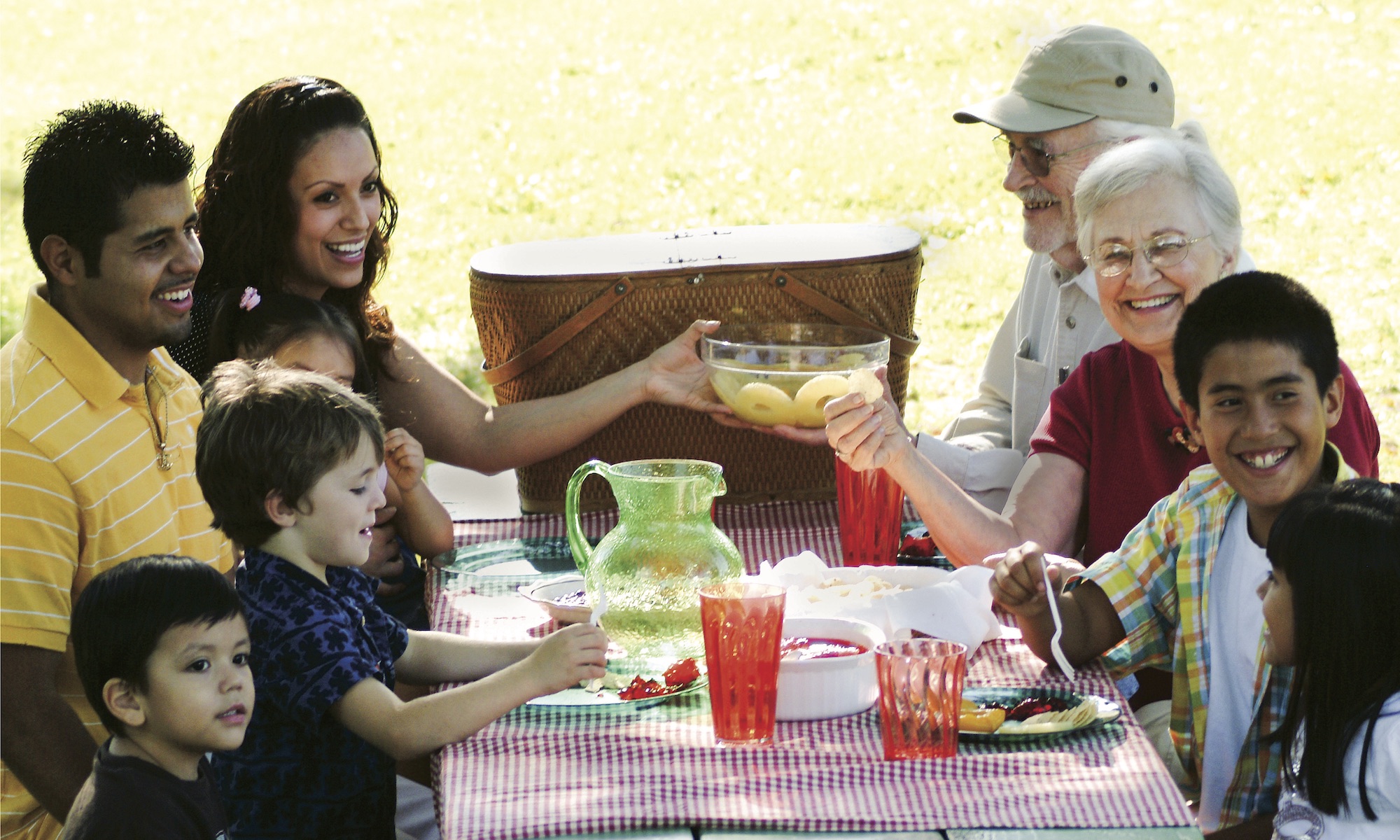
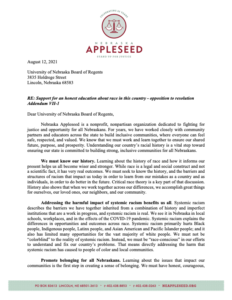 We know that understanding our country’s racial history is a vital step toward ensuring our state is committed to building strong, inclusive communities for all Nebraskans. Which is why we
We know that understanding our country’s racial history is a vital step toward ensuring our state is committed to building strong, inclusive communities for all Nebraskans. Which is why we 